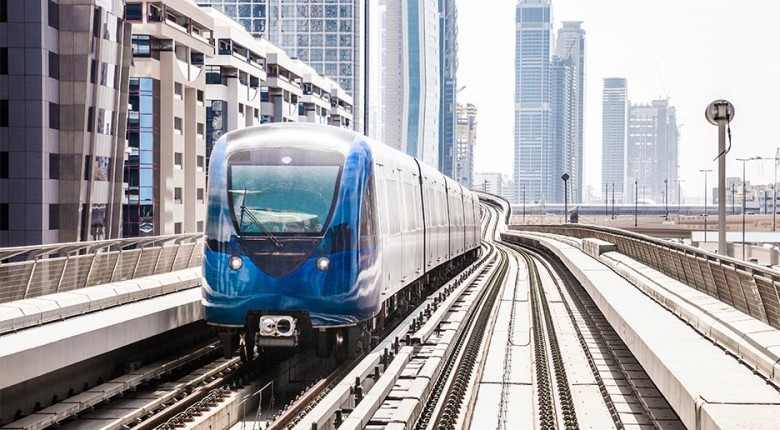1292 results found
Featured results



More results
The Hong Kong SAR Secretary for Financial Services and the Treasury, Professor K C Chan, along with other senior officials of the Hong Kong Treasury, met with the GI Hub in Sydney on Thursday, 10 November. The parties discussed the work of the Hong Kong Infrastructure Financing Facilitation Office (IFFO), established by the Hong Kong Monetary Authority (HKMA).
Indonesian Ministry of Finance officials visiting Australia met with the GI Hub in Sydney today for discussions on infrastructure.
ICA’s flagship report, Infrastructure Financing Trends in Africa, shows trends of financing flows to infrastructure projects in Africa based on collected data from various stakeholders.

The Global Infrastructure Hub will unite with APEC (Asia-Pacific Economic Cooperation) to exchange key knowledge and help countries to unlock private investment to finance much needed public infrastructure.
A Spanish-language guide to help developing countries assess infrastructure investment risk for Public-Private Partnership (PPP) transport sector projects is now available through the Global Infrastructure Hub’s website.
Investors are most concerned about political and regulatory stability and the liquidity of the infrastructure market when considering funding public infrastructure, a new survey has revealed.
The Joint MDB Statement for Crowding-in Private Finance builds on the previously approved Principles for MDBs’ Strategy Crowding-in Private Sector Finance for Growth and Sustainable Development, and the 2016 Joint Declaration of Aspirations on Actions to Support Infrastructure Investment.


This report seeks to identify key capital markets instruments that can help mobilize institutional investors to infrastructure and small and medium enterprises (SME) financing in emerging market economies (EMEs).


The study identifies opportunities for investment to improve sustainable urban transport and mobility in five African cities




These guidelines, circulated by the MoF in September 2016, task the finance departments at all levels of government with arranging PPP project preparation, budgetary funding, procurement, budgetary expenditures and revenues, and performance management etc.


This policy outlook paper series is part of the Leadership Partner Program with the National Australia Bank.


The Global Infrastructure Hub participated in the inaugural Infrastructure Investors Forum Australia held in Sydney on 17 August, 2016. The GI Hub’s Senior Director, Mark Moseley, moderated a panel for the session on “The global view: Investment outlook for 2016 and beyond”, which included leading international investors and advisers.
On 3 and 4 August, the Global Infrastructure Hub shared panel discussion with government and private sector executives at the Centre for Aviation’s Asia Pacific Summit 2016.
On 3 August 2016, the Lowy Institute hosted Global Infrastructure Hub CEO Chris Heathcote in conversation with G20 Studies Centre Project Director Tristram Sainsbury.



The G20 Finance Ministers and Central Bank Governors have welcomed the launch of a new, interactive online risk allocation tool, the Global Infrastructure Hub’s (GI Hub) Annotated Public-Private Partnership (PPP) Risk Allocation Matrices. The Risk Allocation Matrices tool, developed by the GI Hub in partnership with global law firm Norton Rose Fulbright, has been designed to assist developing economies better assess potential infrastructure investment risk.
Mr Chris Heathcote, Chief Executive Officer of the Global Infrastructure Hub (GI Hub), and Mr Norman TL Chan, Chief Executive of the Hong Kong Monetary Authority (HKMA), signed a Memorandum of Understanding (MoU) today (4 July 2016) with respect to establishing a strategic framework of co-operation to facilitate the financing of infrastructure projects.
This paper—through a comparative analysis of data from Wuhan and Amsterdam—explores the reasons why the two countries have gone in different directions








 Espanol
Espanol







